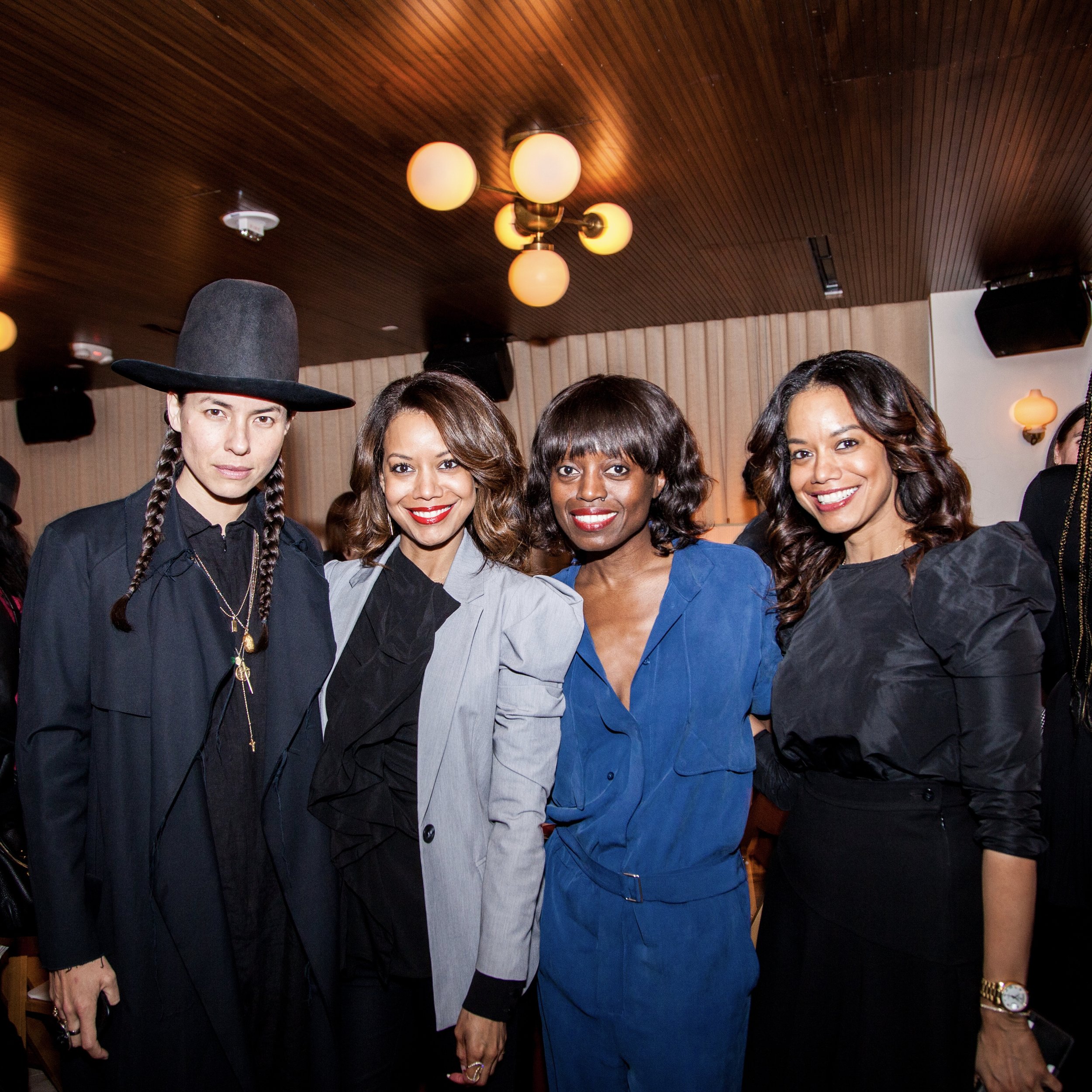A recent New York Times article reported on an issue I’ve heard more times than I care to mention in the last year. In workplaces across the country, men are shying away from taking meetings alone with women; male to female mentorships are plummeting and human resources departments are advising male employees to act cautiously in the company of female colleagues. This is devastating for women executives already deeply marginalized and left out of these rooms.
And who do these men say is to blame? Why women of course. We are overly sensitive. We’ve lost our sense of humour. Any fallout is our own doing. But what are these men afraid of exactly? The chances of any man being falsely accused of sexual harassment are negligible. Over the past 20 years, only approx 2% of sexual assault allegations were shown to be fake. What’s more likely, is the 35% of assaults that go unreported. So man up guys! Be an ally. Stand strong alongside women. Let’s create a new paradigm where we can work together in mutual harmony and respect.
Illustration by Ana Galvan for New York Times








